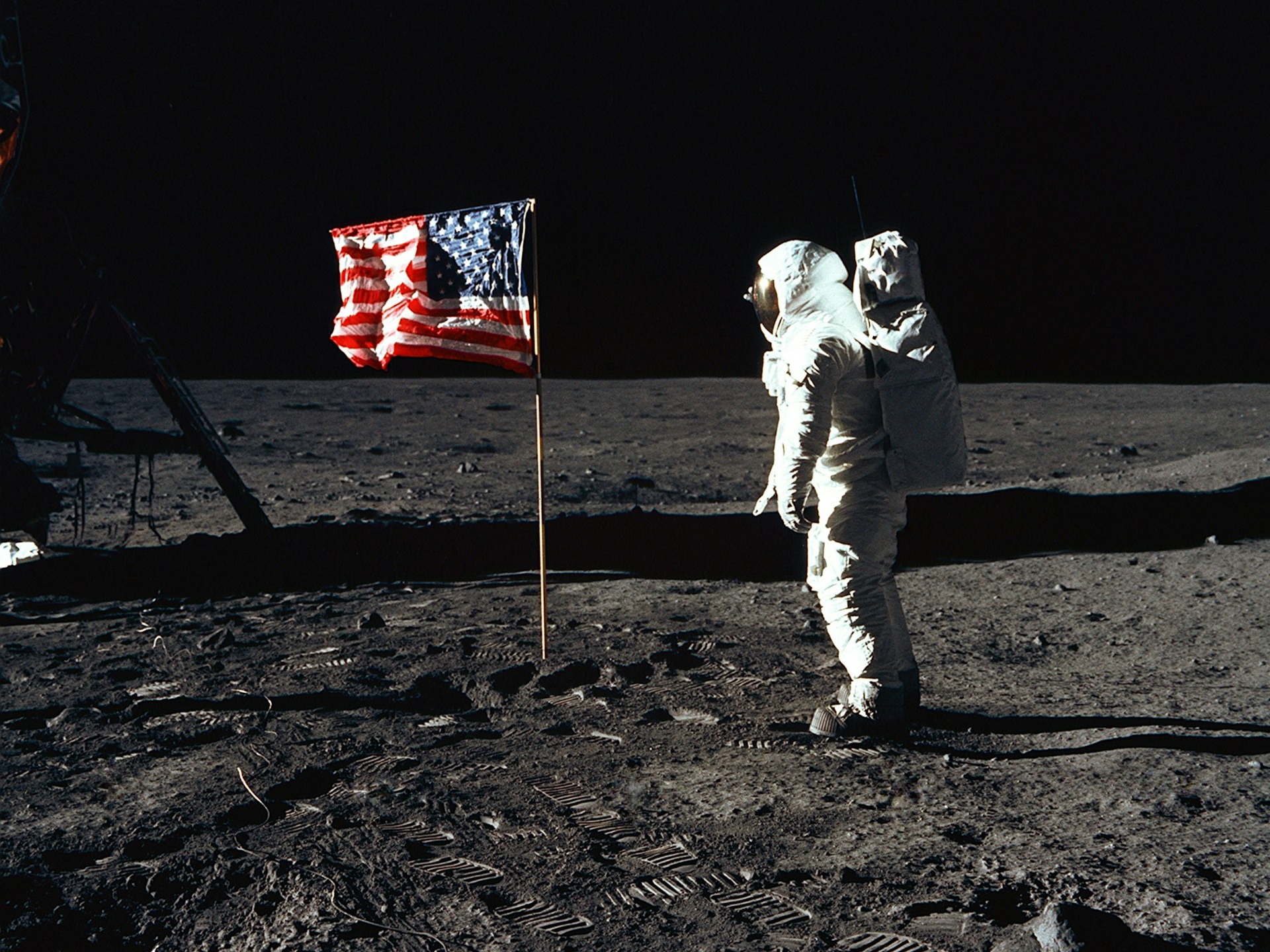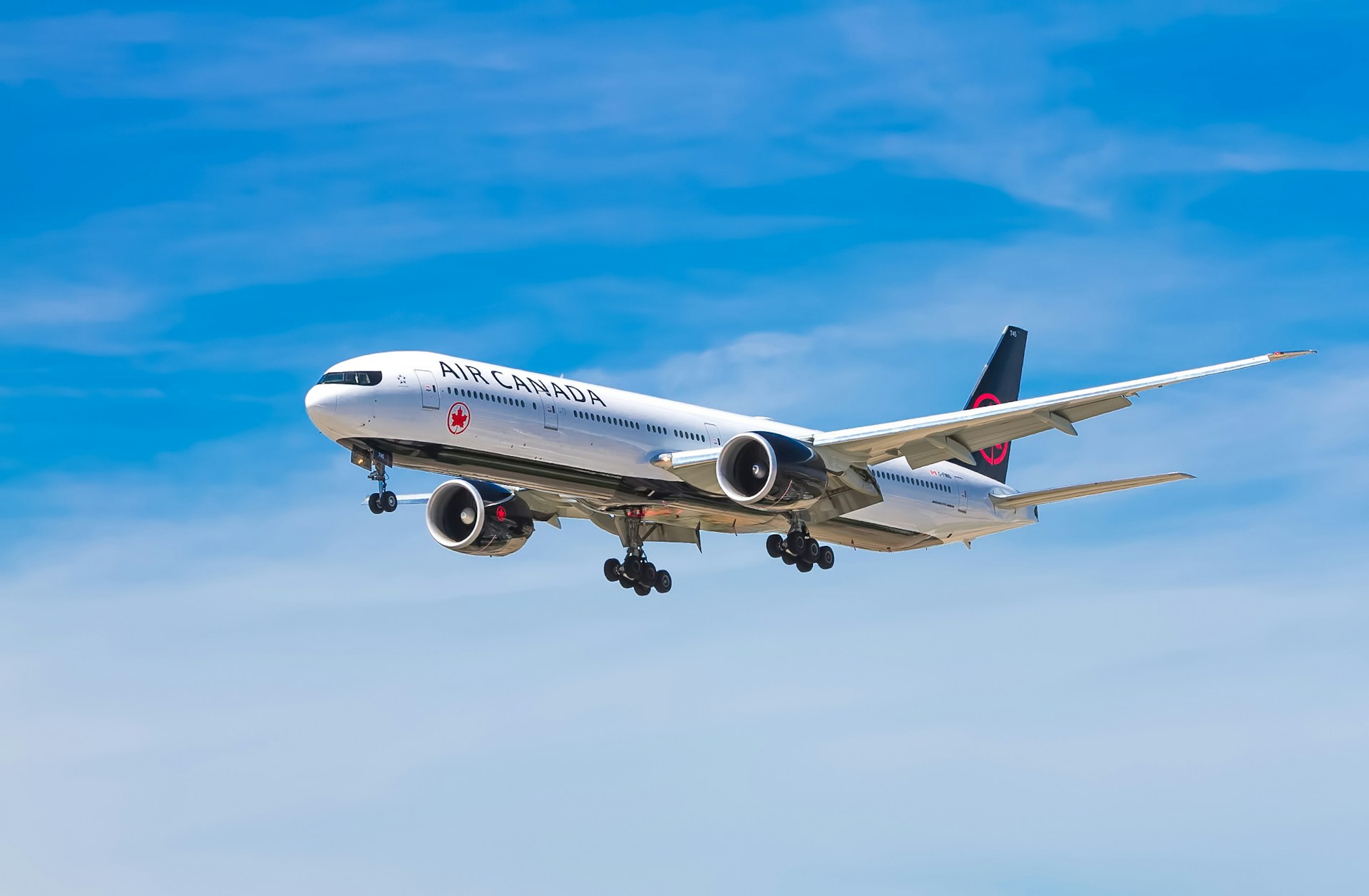Living in our luxurious world filled with technological advancements that provide us with ease and convenience, have you ever stopped to think about how the world used to be? More specifically, for Zoomers, do you think it's possible they could ever understand what Boomers went through? From historic events like the moon landing to seeing the Internet come to life, here are 20 things Boomers experienced that we think Zoomers just won't be able to comprehend.
1. The Moon Landing
Watching the first moon landing in 1969 was a pivotal moment in history not just for Boomers, but for all of mankind. At the time, it symbolized the peak of human achievement, triumph, and American ingenuity. This live event which was watched by millions, brought a sense of wonder and pride that is impossible to replicate in today's time.
2. Cold War Tensions
Baby Boomers grew up during the peak of the Cold War, an indescribable period marked by high political and military tensions between the United States and the Soviet Union. There was a constant lingering fear regarding the potential of a nuclear war, with many even participating in duck-and-cover drills.
3. Manual Typewriters and Rotary Phones
It's hard to imagine there was once a day and age where computers and smartphones didn't exist, but hey, Boomers went through that! Back in the day, Boomers used manual typewriters for typing documents and rotary phones for making calls. These devices were marvels for their time, even though they were limited in what they could do, and is something Zoomers will likely never encounter.
 Photo by Katrin Hauf on Unsplash
Photo by Katrin Hauf on Unsplash
4. Vietnam War and the Draft
The Vietnam War was an incredibly significant and controversial part of Boomer history. Many Boomers during this time were drafted, forcing many young men to serve in the military. This event had a massive personal and societal impact, something that Zoomers might find difficult to grasp or understand.
 Photo by Ammie Ngo on Unsplash
Photo by Ammie Ngo on Unsplash
5. Record Players and Vinyl Records
No, Spotify hasn't always been around! Back in the old days, Boomers enjoyed music through vinyl records and record players, a beautiful ritual that involved carefully selecting a record, placing the needle, and experiencing the lovely music as you watched the album art spin endlessly. This physical interaction with music, now replaced by digital means, is a vastly different experience Zoomers just won't be able to understand.
 Photo by Lee Campbell on Unsplash
Photo by Lee Campbell on Unsplash
6. Civil Rights Movement
Boomers witnessed and, in many cases, participated in the Civil Rights Movement during the 1950s and 1960s. This era's fight for equality and justice, through protests and legislative changes, was a defining part of their youth, which was a very powerful and impactful event that Zoomers may not have experienced.
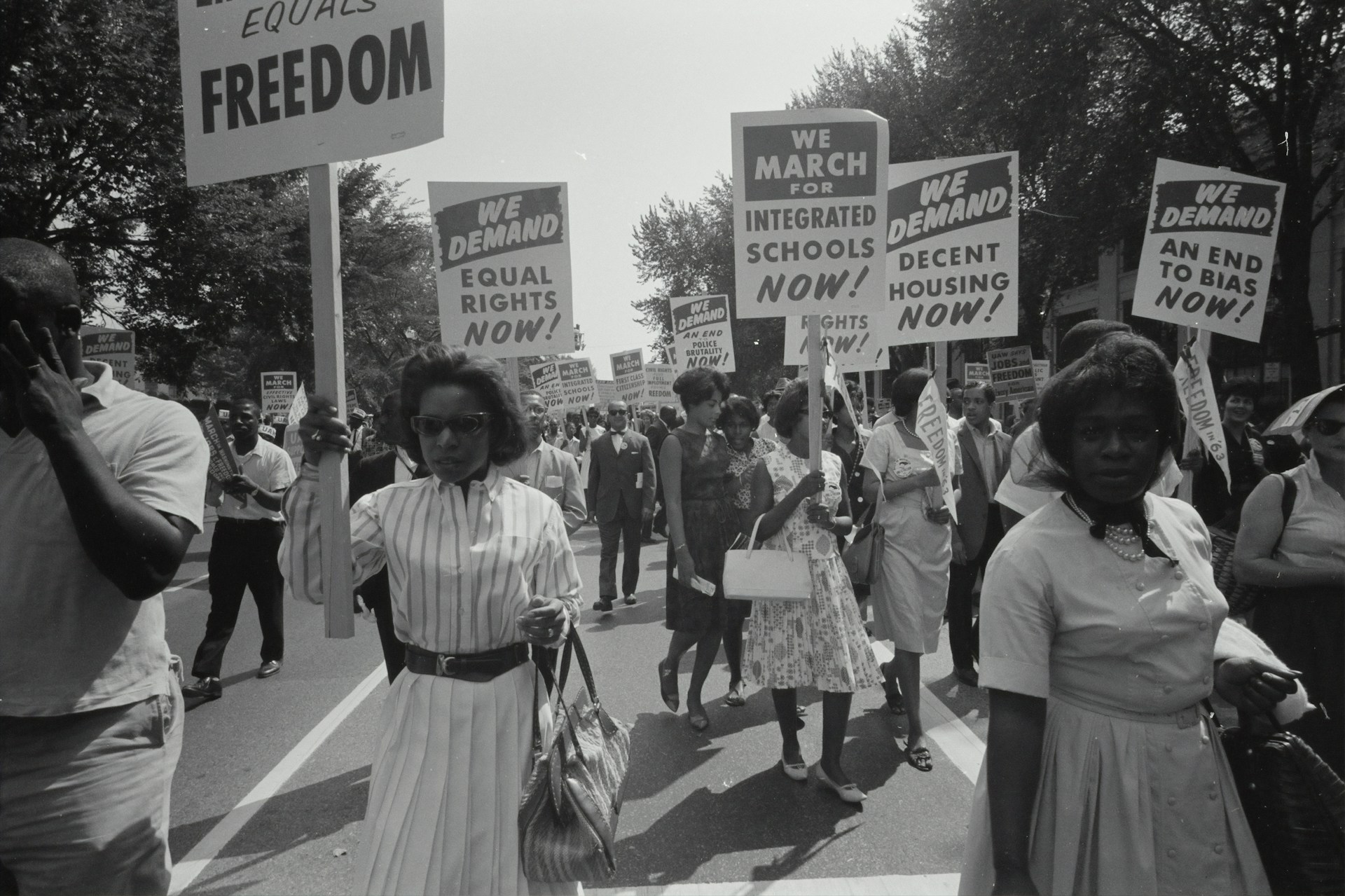 Photo by Library of Congress on Unsplash
Photo by Library of Congress on Unsplash
7. The Oil Crisis of the 1970s
The oil crisis of the 1970s, with its fuel shortages, skyrocketed prices, and long lines at gas stations, was a major event that deeply impacted Boomers' views on energy, the economy, and foreign policy. This firsthand experience of a major energy crisis is something Zoomers have not faced in the same way.
 U.S. Navy photo by Mass Communication Specialist 2nd Class Kirk Worley on Wikimedia Commons
U.S. Navy photo by Mass Communication Specialist 2nd Class Kirk Worley on Wikimedia Commons
8. Analog Photography
Taking photographs was an entirely different process and experience back then. Boomers took photographs on something called a film camera, which required developing and printing before you could see the results. The physical limitations of film (like the number of exposures available) and the delay in gratification, are two concepts Zoomers can't relate to thanks to instant digital photography that's prevalent in today's generation.
 Photo by Shuvra Podder on Unsplash
Photo by Shuvra Podder on Unsplash
9. Physical Maps and Encyclopedias
If you got lost during the Boomers' age, there wasn't Google Maps ever there to save you. Navigation during this time relied on physical maps and atlases, while research often involved flipping through massive volumes of encyclopedias. Everything used to require a hands-on approach, from finding information to finding directions, which is now completely replaced by digital solutions.
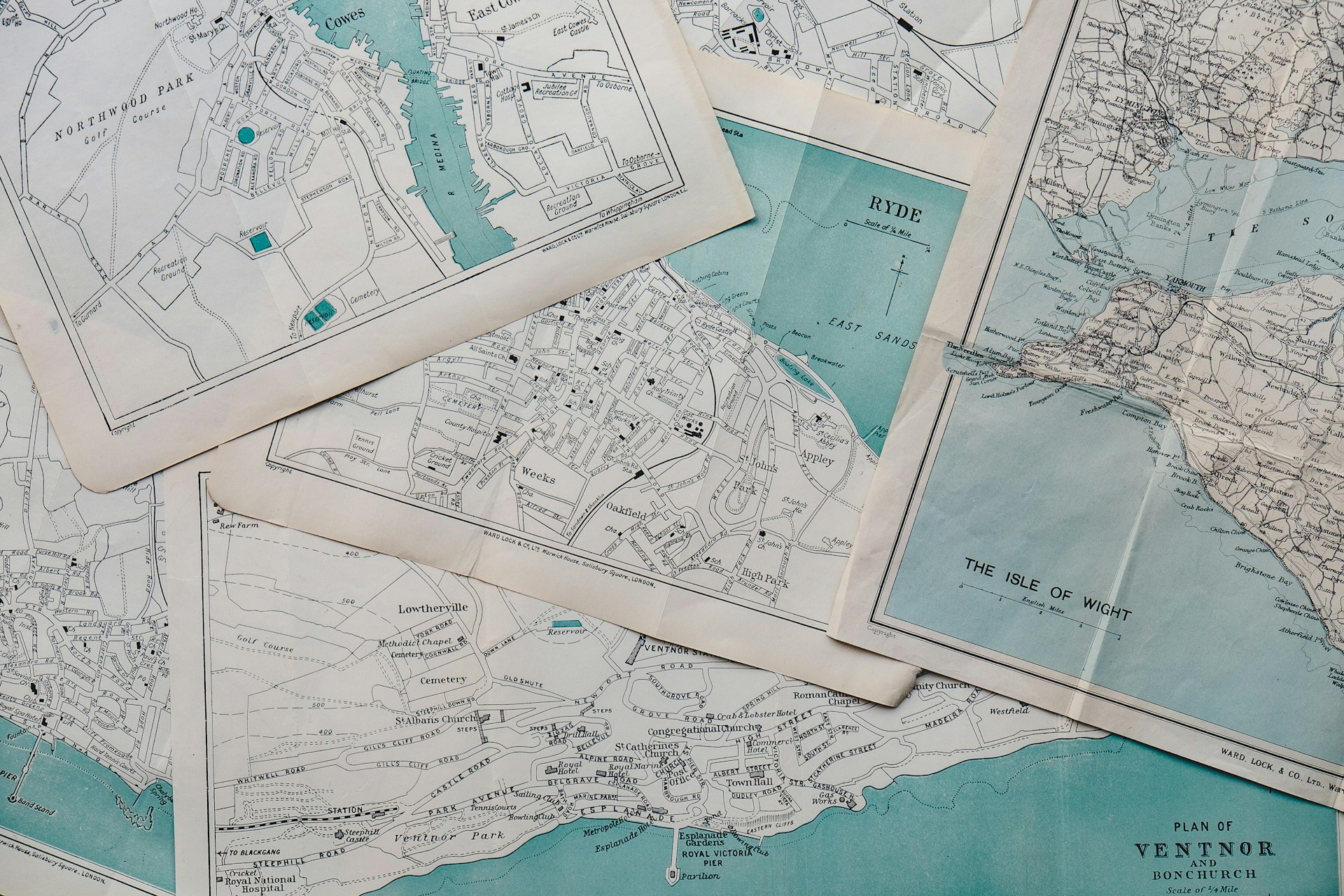 Photo by Annie Spratt on Unsplash
Photo by Annie Spratt on Unsplash
10. Live Television as a Primary Source of Entertainment
In our present world where on-demand access and streaming services reign dominant, Boomers grew up in a vastly different era. Binging? What's that! Live television used to reign supreme during this time, and was the main form of entertainment. People would have to wait patiently for their favourite shows to come on, but they got to experience lifechanging events, like the moon landing, as they happened.
 Photo by Diego González on Unsplash
Photo by Diego González on Unsplash
11. Social Life Before Social Media
For those of you constantly on social media, can you imagine a life without it? Well, Boomers sure can. Back in those days, people would socialize in person, relying on face-to-face interactions, phone calls, and written letters over virtual text and videos. There was a completely different dynamic to relationships and friendships then, one that is very different to the more digitally reliant ones we see now.
 Photo by Helena Lopes on Unsplash
Photo by Helena Lopes on Unsplash
12. The Advent of Color Television
The transition from black-and-white to color television was a significant event for Boomers, bringing a new dimension to their viewing experience. This shift changed not just television but how visual media were consumed and appreciated, something that was groundbreaking at the time. But in today's time, Zoomers can probably hardly imagine watching their favourite shows or news without any colour.
 Photo by Jens Kreuter on Unsplash
Photo by Jens Kreuter on Unsplash
13. Cassette Tapes and Mixtapes
As a form of personal expression or as a thoughtful gift, cassette tapes were a major part of Boomers' lives. Ever heard of the classic mixtape? So much effort had to be taken, from selecting, recording, and arranging the songs on the cassette, offering a personal touch that is so much greater than just a digital playlist.
 Photo by Marlon Medau on Unsplash
Photo by Marlon Medau on Unsplash
14. The Space Race
The Space Race was an intense competition between the United States and the Soviet Union that eventually culminated in the moon landing, one of the most memorable moments in American history. It was a time of technological optimism and new advancements, with Boomers being able to experience all of these amazing achievements as they happened.
15. The Feminist Movement of the 1960s and 70s
Boomers witnessed and participated in the second wave of the feminist movement, pushing for equal rights, reproductive rights, and challenging gender norms. This period of activism brought about significant changes in societal attitudes and legislation, laying the groundwork for future generations.
 Photo by Miguel Bruna on Unsplash
Photo by Miguel Bruna on Unsplash
16. Life Before the Internet
Can you imagine living today without ever being able to use internet again? From our work to our games to our forms of communication, the world would not be the same if we didn't have internet. That's why it's so hard to believe that Boomers DID live in a world before the internet became ubiquitous. Everything used to be done without the digital convenience we have now, forcing them to develop a different set of skills and habits so that they could gather information and participate in social interactions.
 Photo by Benjamin Dada on Unsplash
Photo by Benjamin Dada on Unsplash
17. Disco and the 1970s Dance Craze
Once the 1970s came around, disco music and the dance culture that resulted from it, became a large part of Boomers' lives. This era of music, fashion, and socializing in dance clubs played a central role in their entertainment and cultural identity.
 Photo by Greyson Joralemon on Unsplash
Photo by Greyson Joralemon on Unsplash
18. The Fall of the Berlin Wall
The fall of the Berlin Wall in 1989 marked the end of an era and was a symbol of the Cold War's conclusion. Boomers witnessed this historic event, which represented hope, reunification, and the end of decades of division between East and West.
19. The Introduction of Personal Computers
While we now carry laptops and build our own fancy PCs, personal computers weren't always around. In fact, it wasn't until the late 1970s and 1980s that this revolutionary change occurred. It impacted how people worked, played, and communicated, with Boomers being the first to have to adapt to this new evolution in technology.
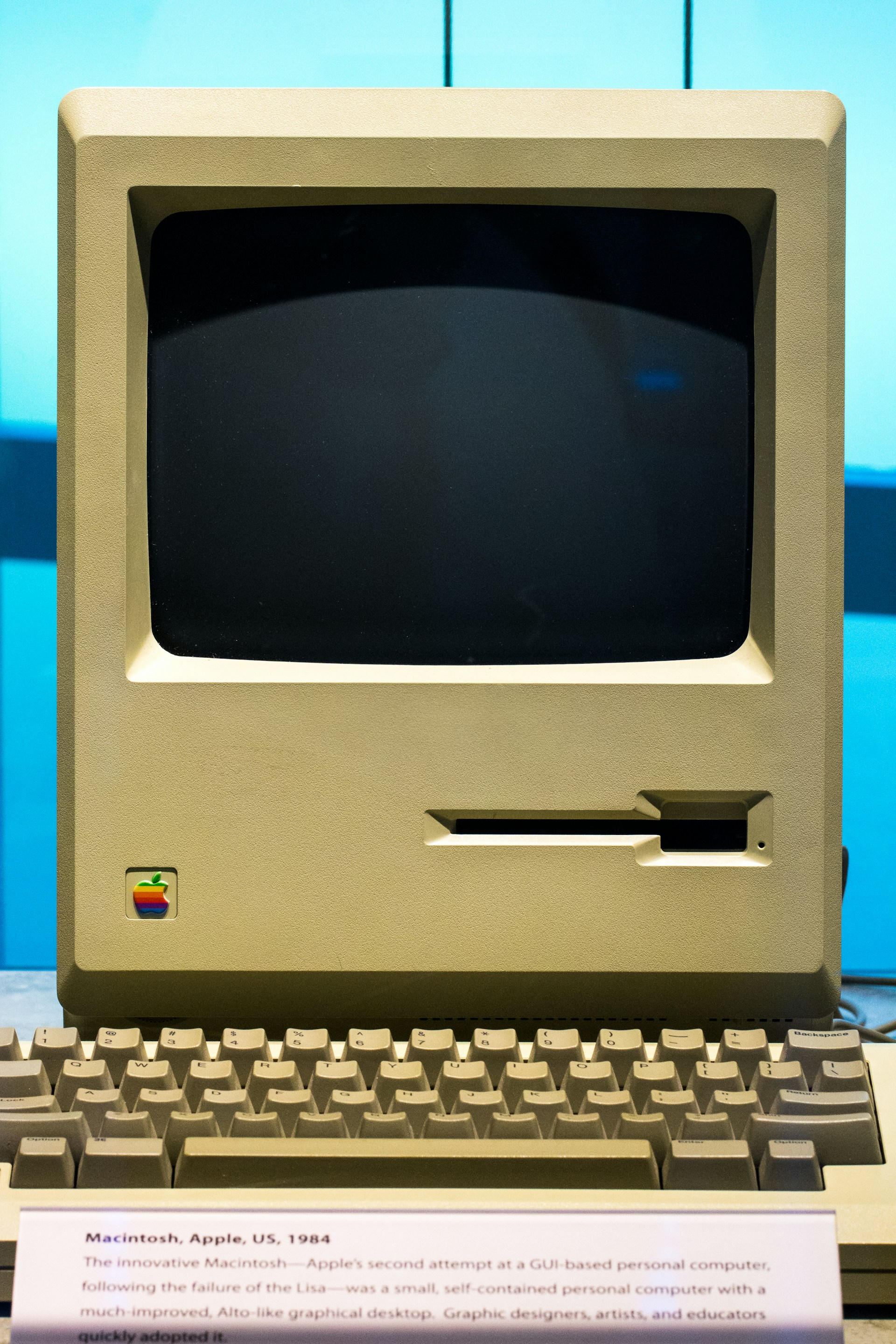 Photo by Jason Leung on Unsplash
Photo by Jason Leung on Unsplash
20. Air Travel Becoming Common
Today, we travel from country to country, city to city, by plane without much thought. But for Boomers, the experience of air travel becoming widely accessible was a major change. It transformed peoples' perceptions of distance and made global travel a possibility for everyone. It was a big shift that opened space for a better understanding of culture and global togetherness.


